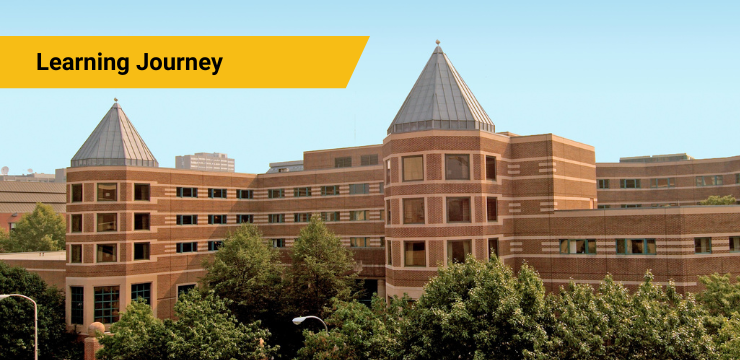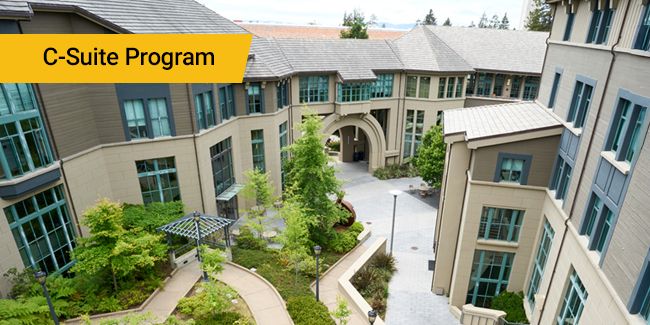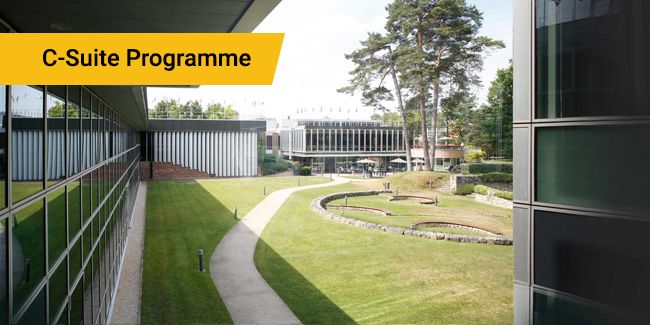What Does a Supply Chain Manager Do? Everything You Need to Know

Globalization is amongst the leading attributes of modern industry. Pulling the world into a tightly knit ecosystem, it expands opportunities for businesses in terms of their supplier and customer base. So much so that managing an organization’s supply chain has become a vertical of its own, running hand in hand with its core operations. It is no surprise then that supply chain management is an emerging career option. A supply chain manager’s role is quite diverse, in that they must constantly deal with new challenges. Let us understand the nuances of the job and get into the granular details to answer the ‘what does a supply chain manager do’ question.
Supply chains and supply chain management are integral to all industries. Supply chain management concerns itself with obtaining the resources to produce goods/services and supplying them to the customer at the best possible terms. Knowing what supply chain managers do is critical to how well an organization responds to its customers’ requests, and directly affects its bottom line.
What is a Supply Chain Manager?
A supply chain manager presides over the flow of value and associated information across a network of customers, suppliers, and other stakeholders. Here, value refers to core competencies of the business in question—whether a product or a service.
Supply chain managers typically coordinate with various stakeholders, such as clients and suppliers, and internal departments, such as finance, legal, production, etc.
What Skills Do You Need to be a Supply Chain Manager?
 Due to the role’s diversity, supply chain managers must have a stronghold over myriad subjects. An effective supply chain manager has a combination of both hard and soft skills in their arsenal. Amongst others, the Association for Supply Chain Management/span> (ASCM) identifies various indispensable skills that a supply chain manager must possess:
Due to the role’s diversity, supply chain managers must have a stronghold over myriad subjects. An effective supply chain manager has a combination of both hard and soft skills in their arsenal. Amongst others, the Association for Supply Chain Management/span> (ASCM) identifies various indispensable skills that a supply chain manager must possess:
- Knowledge of best practices, industry standards, and market trends
- Expertise in technologies such as software as a service (SAAS), Artificial Intelligence (AI), Internet of things (IoT)
- Use of data analytics and enterprise resource planning (ERP) software
- Project and risk management
- Inventory management
At the same time, this job also emphasizes the need to have soft skills, primarily revolving around relationship building:
- Critical thinking and conflict resolution
- Collaboration and relationship-building skills
- Negotiation skills
- Planning for overall profitability
Common Supply Chain Manager Roles and Responsibilities
Supply chain managers work directly and indirectly with other departments in their organization. So, what does a supply chain manager do?
Some of their responsibilities include, but are not restricted to, the following:
- Working with the procurement team for sourcing
- Negotiating with suppliers and customers for best prices, payment terms, and delivery timelines
- Planning, production, and inventory control
- Warehousing process optimization
- Logistics, cost, and schedule control
- Software-based supervision of activities across the value chain
- Automating repetitive aspects of supply chain functions
- Identifying and implementing sustainable and less resource-intensive supply chain solutions
- Vendor management and new vendor development
- Risk management
- Keeping abreast of current trends in volatile variables of the supply chain, such as raw material costs, logistics rates, etc
- Acting as an advisory for product development and coordinating changes in products/processes
- Adopting and complying with industry standards and best practices
- Looking out for ways to reduce supply chain costs while improving service quality
Typical Job Description of a Supply Chain Manager
While this provides an overall picture of the role, what does a supply chain manager do on a day-to-day basis? The daily routine requires them to either maintain overall visibility or concern themselves with one department in the supply chain. Their job spans several divisions, including planning, procurement, production, logistics, returns, and software support.
Some of the responsibilities of the supply chain manager include:
1. Vendor Management
- New vendor development
- Negotiation of best prices and commercial terms
- Vendor audit for product and process compliance
2. Planning, Production, and Warehousing
- Demand forecasting
- Inventory management
- Warehouse storage optimization
- Spend analysis
- Make or buy decisions
3. Logistics
- End-to-end tracking of goods/service delivery
- Rate negotiations with transporters
- Shipment consolidation
- Returns and damaged goods management
4. Process Improvement and Documentation
- Maintaining records as per legal requirements
- Incorporating technology enablers such as enterprise resource planning, radio-frequency identification, etc
Average Salary for a Supply Chain Manager
 Geographically, compensation for the role of supply chain managers has shown consistent growth. According to a survey conducted by the ASCM, average salaries range from $56,000 to $185,000 annually, with as much as 35% participants reporting an 8% growth.
Geographically, compensation for the role of supply chain managers has shown consistent growth. According to a survey conducted by the ASCM, average salaries range from $56,000 to $185,000 annually, with as much as 35% participants reporting an 8% growth.
The U.S. Bureau of Labour Statistics pegs average salaries for supply chain managers at $77,030. Public enterprises pay marginally better than private while the gender-based pay gap appears to have reduced over the years.
In comparison, Canada saw an average salary of CAD 89,460 annually, with over 72% of ASCM survey participants reporting an 8.7% growth. Europe is observed to pay an average of €64,868 with a 10% growth.
Is Supply Chain Management a Good Career?
Supply chain management is a truly cross-functional role, with managers required at the intersections of various departments. Needless to say, it is a balancing act and hence, challenging at that. According to the U.S. Bureau of Labour Statistics, the outlook for supply chain management roles is largely positive. With a projected average growth rate of 28% from 2021 to 2031, supply chain roles seem to grow faster than other occupations.
At Emeritus, we are committed to helping you upgrade your skill set for a better future. You can explore our courses in strategy and innovation, which will help you in establishing a career in supply chain management.
Write to us at content@emeritus.org






































